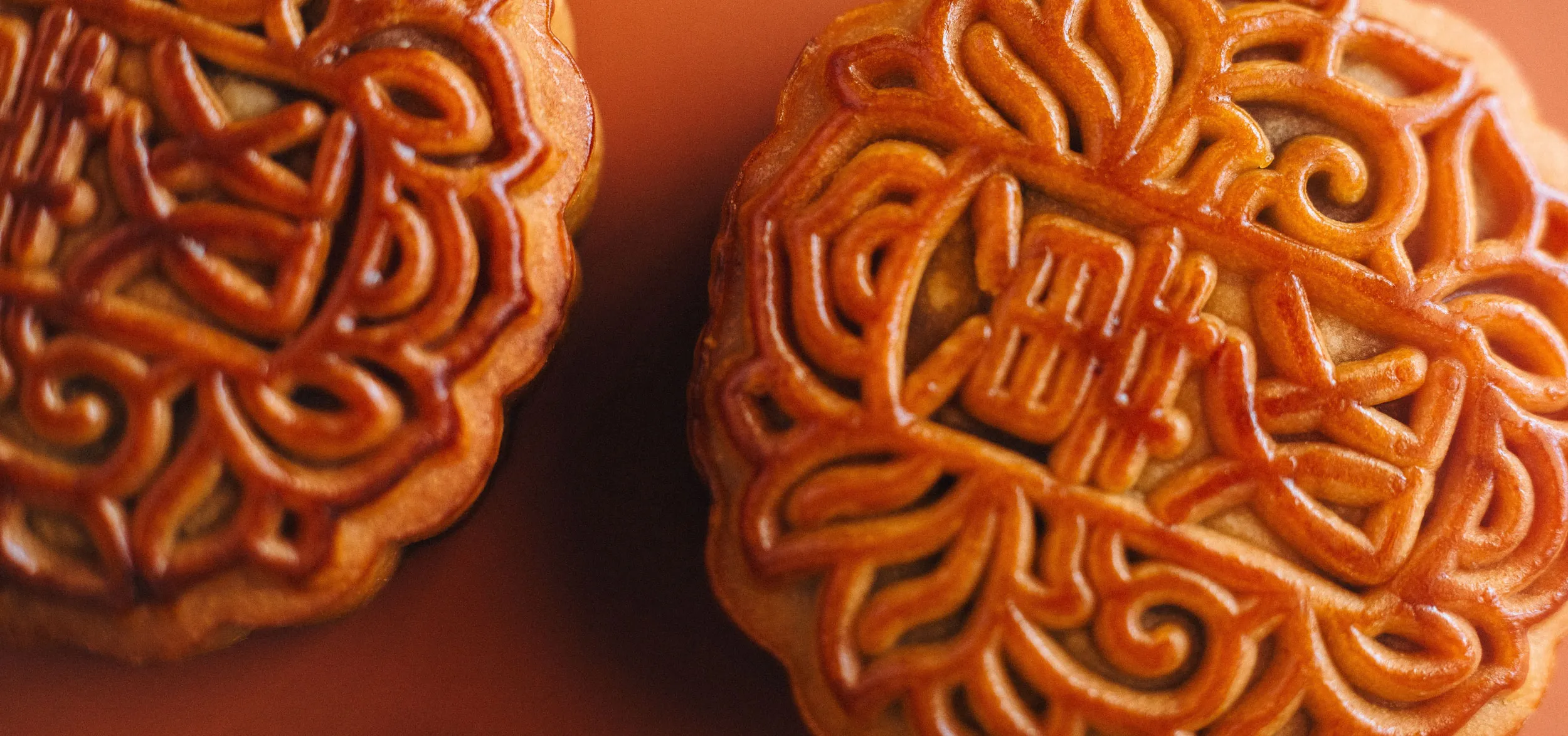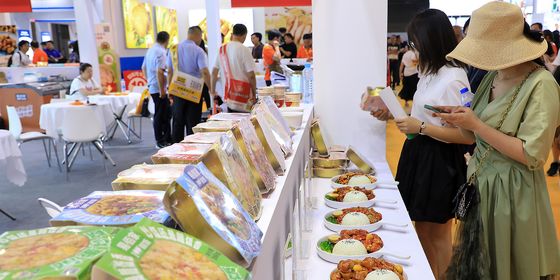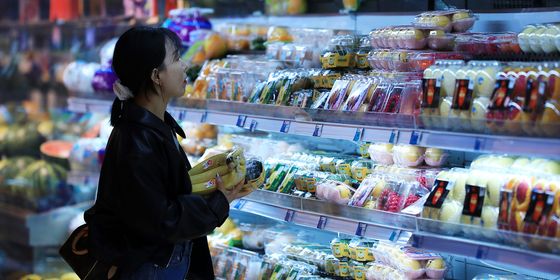Moon cake, the traditional snack of the Mid-Autumn Festival has become a symbol of wealth, status, and corruption
Mid-Autumn Festival has come and gone again. Ostensibly about a tragic romance (and a Jade Rabbit), the holiday more practically celebrates the moon cake: Buying and selling them; gifting them; recycling them; getting rid of them; and, even, occasionally eating them.
At a glance, this pastry resembles the “mince pie” at Christmas—something one eats and professes to enjoy once a year and then quickly forgets.
Yet the modern moon cake has acquired significance beyond what the mince pie could hope for, and has arguably become, in these fast-moving times, yet another symbol of the complicated relationship in China between tradition, politics, and consumerism.
A few years ago, sales took a hit, because the cakes—normally made with all manner of fillings—had become tainted with corruption. As their packaging became absurdly lavish, corrupt individuals had begun exchanging “extravagant boxes, for example, of mahogany, precious metals [with] moon cakes stuffed with cash or precious stones,” according to Reuters. Once the government began to openly crack down on graft, sales shrank in 2014 by some 20 percent.
The industry is as an unofficial once-a-year arbiter of ever-changing consumer trends. While cakes once filled with strictly local—like bean paste or spicy pork mince, upmarket moon cakes now have options such as Swiss praline, blueberry cream, and Haagen Daazs (which are, arguably, some say, not mooncakes)—as well as the shadow economy.
For now, apparently, cakes are back on the rise.
There’s been a lot of talk of a “consumption downgrade” among struggling urban millennials—a generation that TWOC has devoted a whole issue to. Faced with all manner of rising costs, many are cutting back on simple pleasures for fear of a coming recession. As it’s often less about exchanging endearments than fortunes, the 2 billion USD mooncake industry has become a shadow entrant to the “consumer basket index”—so claims that consumption is up this year is worth chewing over.
A few months ago, an assortment of men in vests and saggy trousers began appearing on corners all over Beijing, offering to trade new or used bottles of liquor, Chinese cigarette cartons, or other high-end gifts from the back of various vans. Why? I asked around, and some answers, weirdly, cited a surfeit of supply around these kinds of goods.
Since the anti-corruption campaign has slowly cooled, familiar rituals have returned—and nothing is more returnable than a gift-box of moon cakes. Indeed, so unpopular are the cakes as a foodstuff that a black market exists for “moon cake coupons.” Enterprises and companies, instead of gifting employees with actual cakes, would buy these coupons in bulk and have the employees trade them for cash. Many also buy moon cakes, Moutai, and other seasonal luxury for relatives or business acquaintances.
The recipients, especially high-status ones often inundated with the cakes (and maybe not wanting to keep stacks of deluxe boxes lying around the office), are similarly indisposed to eating the pastry. Instead, the dessert is offload to these anonymous men in vans, who pay in cash. The unwanted patisserie (or liquor) is usually then hawked back, in bulk, to specialist shops—vendors with no shortage of customers obliged to buy new batches for their network of “friends and relatives.” Mark-ups and losses on these trades are thus a helpful indicator of certain spending patterns.
So don’t roll your eyes next time you receive the baked goods—there’s very possibly a fascinating quasi-criminal history behind that innocuous red box. And, hey, even if you didn’t get any cakes, as TWOC shows, there’s still plenty of other ways to enjoy the Mid-Autumn Festival…












